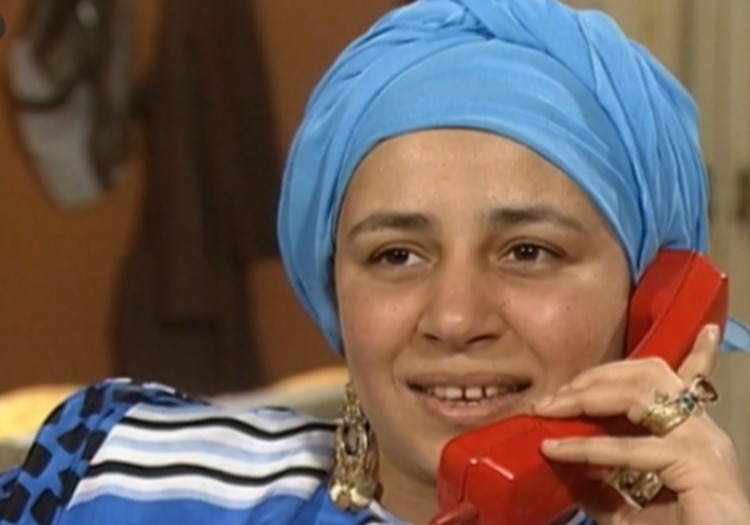Egyptians are known for a lot of things; whether it is witty humor or the ability to make light out of serious situations, another favorite is the cool proverbs and sayings used casually without question. Some can be quite funny and peculiar but the best thing is that they act as a connection between the community. So with that, let’s take a look at some of these popular Egyptian sayings and the deeper meaning behind each one.
Howa ana batkalem hindi?
(Am I speaking Hindi?)
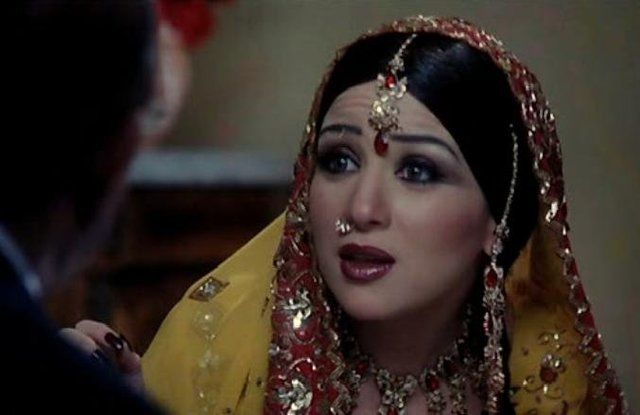
This one may be the only saying that actually has a bit of sense to it. It translates to “am I talking Hindi?'” It’s used when two people are having a discussion and the other one is struggling to understand what is being said and so out of frustration, the person who is explaining would say “am I talking Hindi?” This saying is often used in those common hilarious moments of misunderstanding between people.
Khalty w khaltak etfara’o el khalat
(My auntie and uncle got separated, we’re going our separate ways )
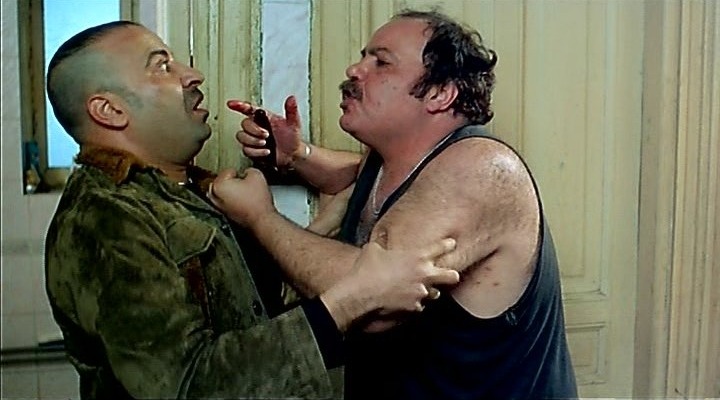
This saying has a sort of science fiction element to it because if we take its literal translation, it would mean “my auntie and your uncle got separated into more aunties and uncles.” In simple terms, despite the saying sounding quite absurd, it does have a simple meaning of describing a scenario wherein two people end up cutting ties.
Yama gab el ghorab l omo
(The crow has been taken to his mom many times)
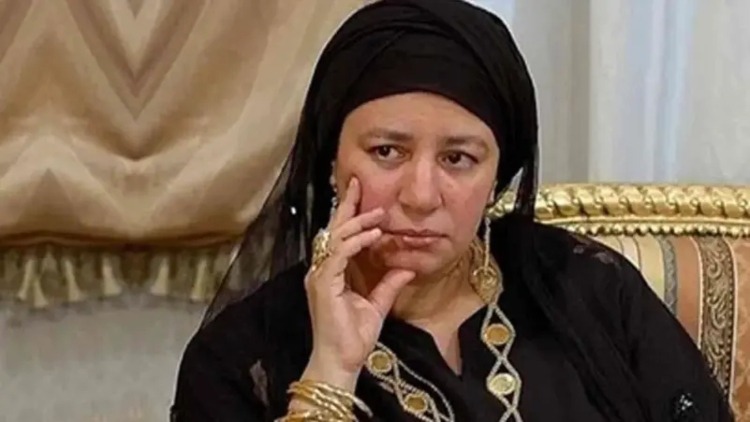
This one is interesting as its literal translation doesn’t make sense; “the crow has been taken to his mum many times.” It does have a simple meaning though, the crow, a bird with bad PR is thought to be always up to no good and so once a crow always a crow. Though the saying currently holds a bad repetition, its actual origin is researchers finding crows hiding unessential things like broken mirrors and storing it next to their mothers.
Aaleb el edra ala fomaha tetlaa el bet lomaha
(Like Mother, Like Daughter)

This rhythmical tongue twister uses a touch of imagery to express its main message. If we translate it word by word, it translates to “flip the well on its face and the daughter will look like her mother.” In simple terms, it means “like mother, like daughter.” It’s used whenever anyone would feel that a mum and daughter are very similar, even if they both deny it. The saying originated eons ago when a mother and daughter went to a seer and she was mixing rocks and sand together resulting in two rocks resembling each other, leading the seer to tell the mother that her daughter will be like her.
Law leek haga aand el kalb olo ya side
(If you need something from a dog, call them master)
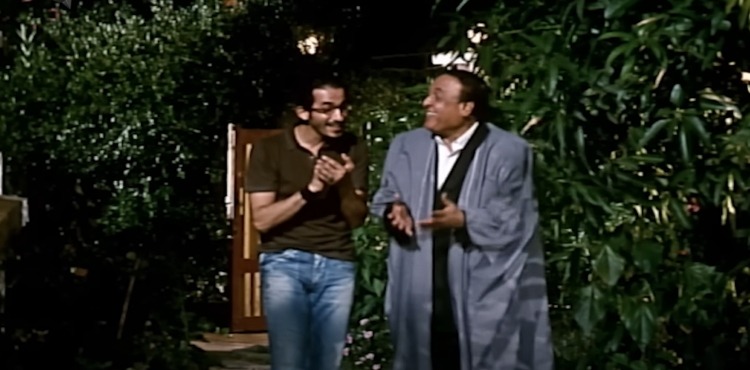
This is one of the proverbs that have some logical sense to it. Bear with us while we spell it out for you: ‘If you need something from a dog, refer to him as your master.’ This means you must bend over backward if you need something from someone who is difficult, perhaps a boss, or an enemy. So when we go to the extremity of the dog, the phrase is meant to indicate that even in the worst of matters, we must still go against ourselves to get something done. The origin of this proverb is interesting as way back Arabs perceived colonizers as dogs and when they wanted to convince them of something, they would refer to them as masters, leading to the widely popular saying If you need something from a dog, refer to him as your master to be used today.
El erd f 3en omo ghazal
(The monkey is a deer in their mother’s eyes)

Every Egyptian knows this one, and we use it more often than not so let’s first go through its literal translation: “the monkey is a deer in his mother’s eyes.” In the saying, by comparing an ‘ugly’ animal to a ‘pretty’ one, it is referring to how to a parent, their child will always be perceived as beautiful, inside and out, even if others do not see them as such. It’s been said that this particular saying dates back to the Roman times when Greek god, Jupiter held a beauty contest for animals and when a monkey paraded her son around saying he’s beautiful and everyone mocked them, it was only then that she said, “the monkey is a deer in his mother’s eyes.”
Law habibak 3assal matelhashoosh kolo
(If your lover is made of honey, don’t lick it all)
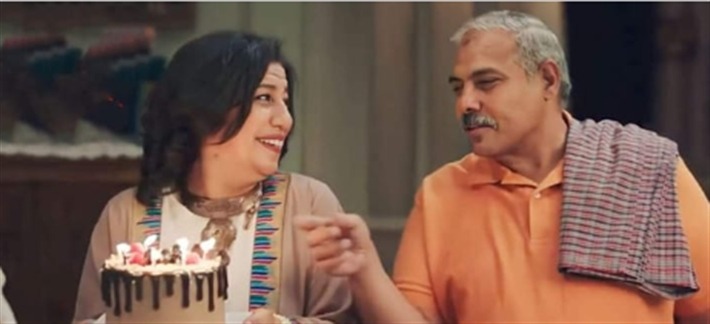
This is one of our favorite proverbs, and its literal meaning so eloquently matches with its figurative one. ‘If your lover is made of honey, don’t lick them all.’ Meaning don’t take advantage of someone’s kindness and appreciate what you get. We are directing this message at Ramadan from “Family Matters” as he is the kind of character that needs to learn to appreciate the kindness of his pure and amazing wife Zeinab.
It is clear that most of these proverbs either don’t make sense, are absurdly linked to a certain meaning, or are just there for a good laugh. In all cases, they hold a special place in every Egyptian’s sense of identity. Despite their ridiculousness, we would not have them any other way.


